Optimal Septic Service Timing in Oakland
Proper scheduling of septic service ensures optimal system performance and longevity. Timing depends on usage, system size, and local conditions, making it essential to understand the most suitable periods for maintenance.
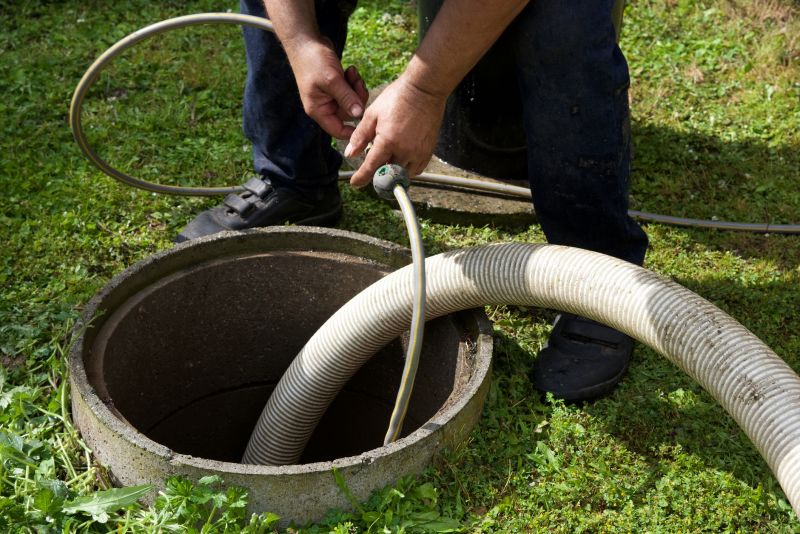
Regular inspections help identify issues early and prevent costly repairs.
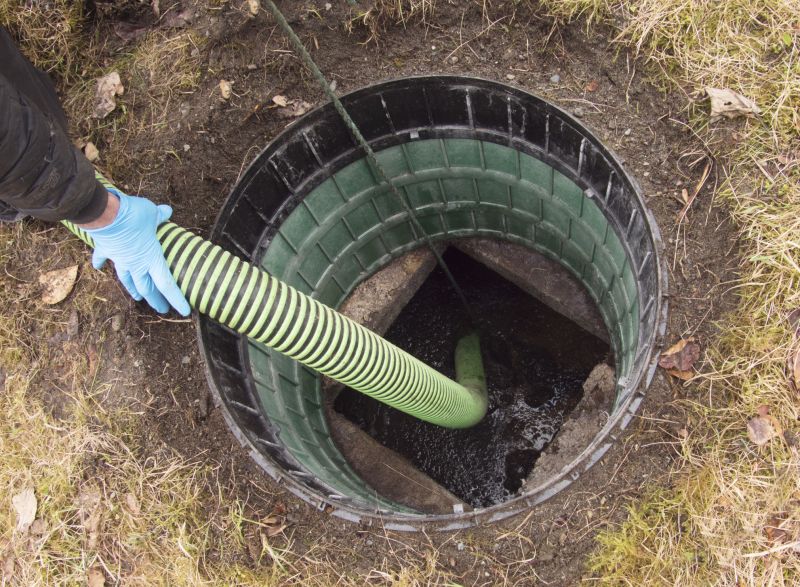
Pumping is recommended every 3 to 5 years, depending on usage.
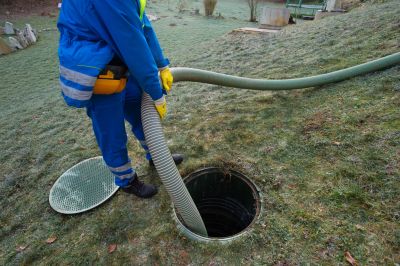
Scheduling service in dry months minimizes disruptions and ensures system efficiency.
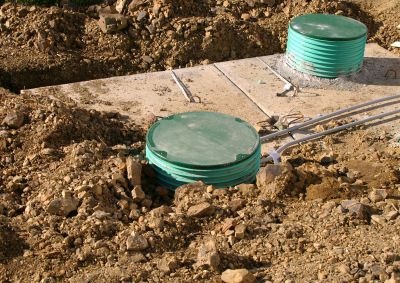
Ways to make Septic Service work in tight or awkward layouts.
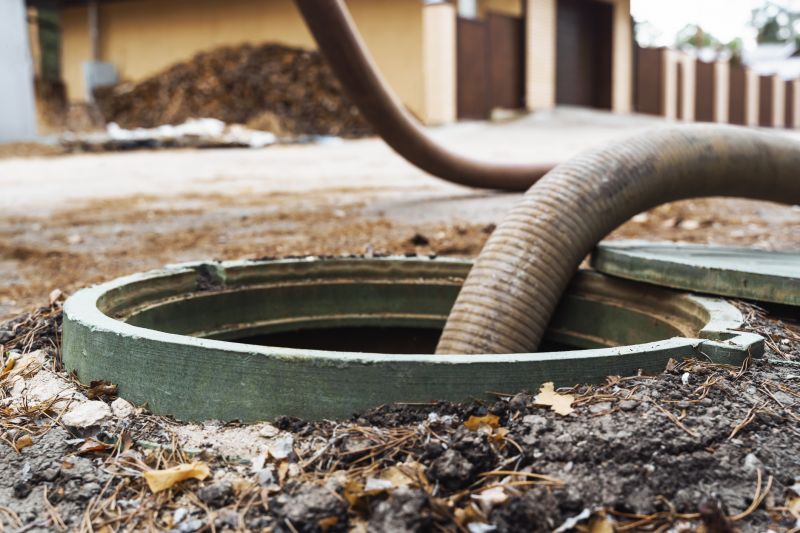
Popular materials for Septic Service and why they hold up over time.
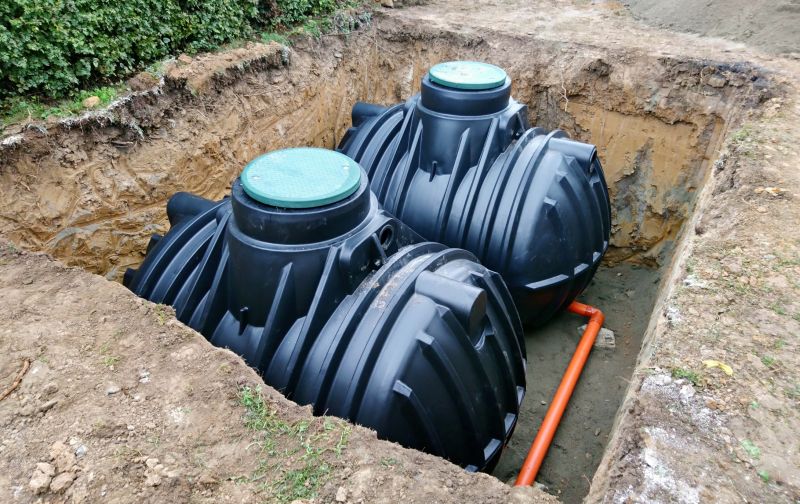
Simple add-ons that improve Septic Service without blowing the budget.
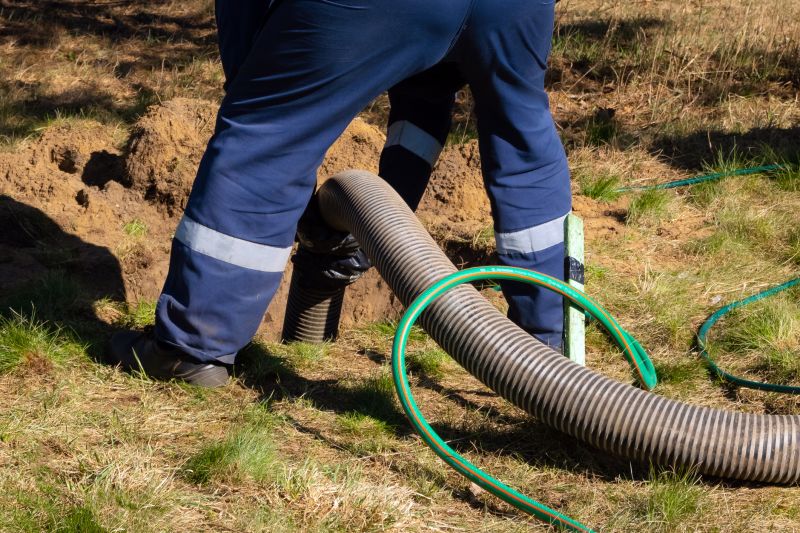
High-end options that actually feel worth it for Septic Service.

Finishes and colors that play nicely with Septic Service.
Septic systems are vital for wastewater management in areas without access to municipal sewer lines. They consist of a tank where solids settle and liquids are dispersed into a drain field. Proper maintenance prevents system failure and environmental contamination.
Spring and fall are ideal for routine septic inspections and pumping.
After periods of increased water use, such as holidays, scheduling service can prevent backups.
Service before winter helps prevent freezing and system damage.
Adjusting maintenance based on household water consumption extends system life.

Regular upkeep ensures reliable operation.

Periodic cleaning prevents solids buildup.

Ensures proper dispersal of effluent.
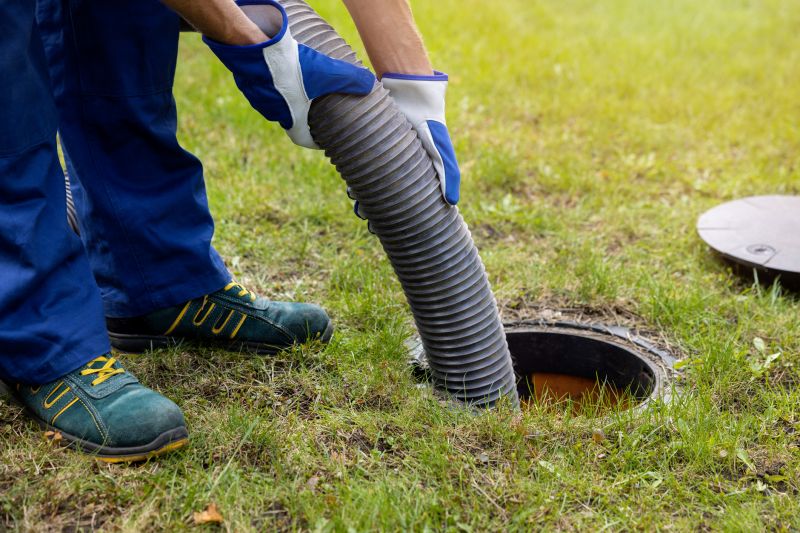
Timely repairs prevent system failure.

Little measurements that prevent headaches on Septic Service day.
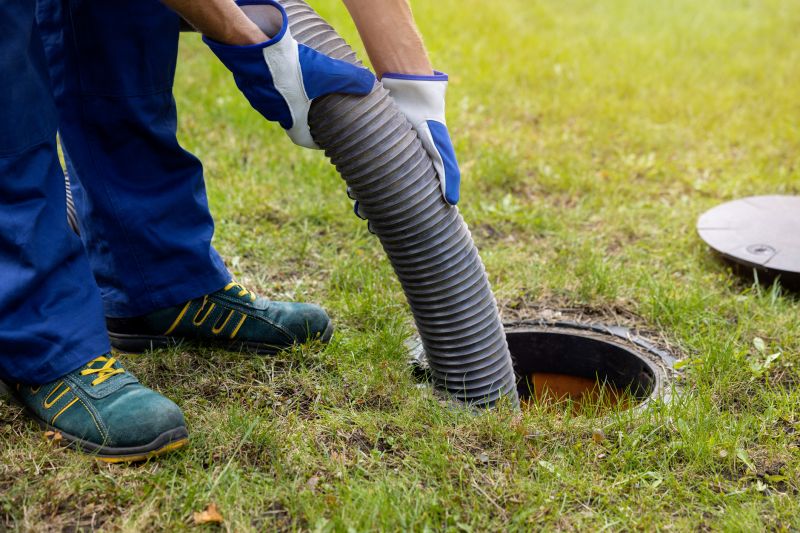
A 60-second routine that keeps Septic Service looking new.
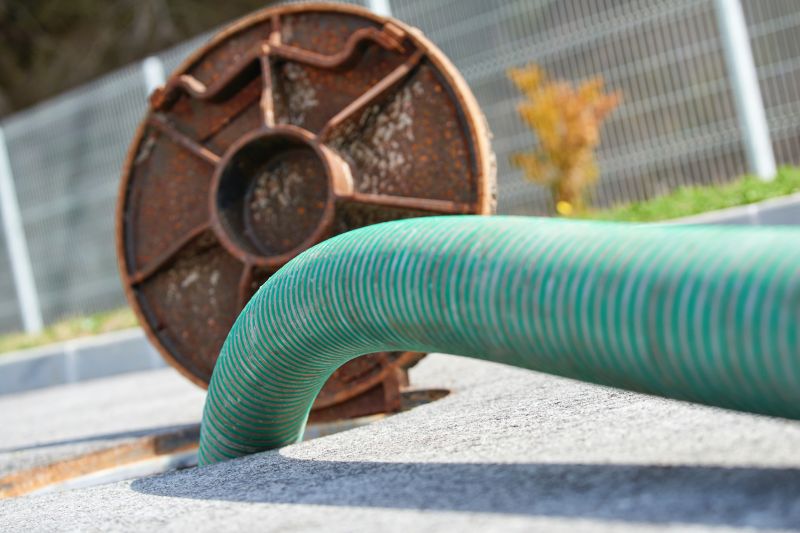
A frequent mistake in Septic Service and how to dodge it.
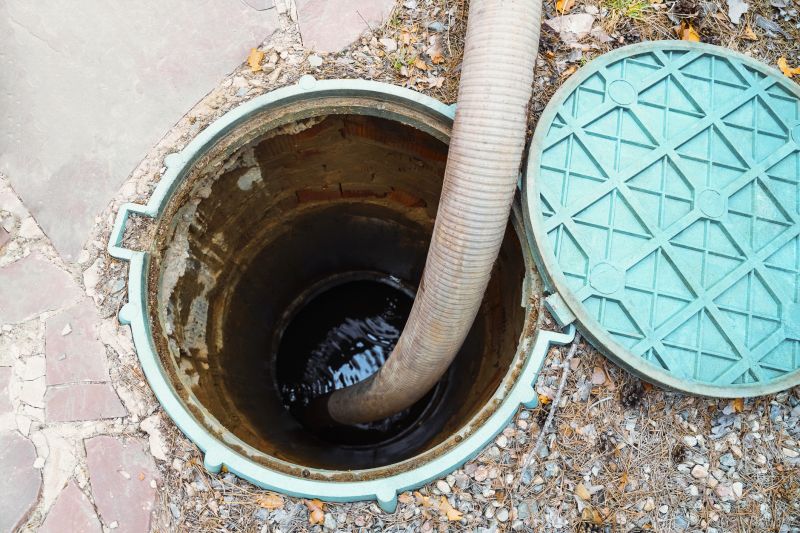
Small tweaks to make Septic Service safer and easier to use.
| Optimal Service Timing | Recommended Frequency |
|---|---|
| Spring | Every 3-5 years |
| Fall | Every 3-5 years |
| Post-Heavy Usage | As needed |
| Pre-Winter | Annually |
| During Dry Seasons | Annually |
Scheduling septic service at appropriate times can extend the lifespan of the system and reduce the risk of failures. Regular maintenance includes inspections, pumping, and repairs, which are crucial for optimal operation.
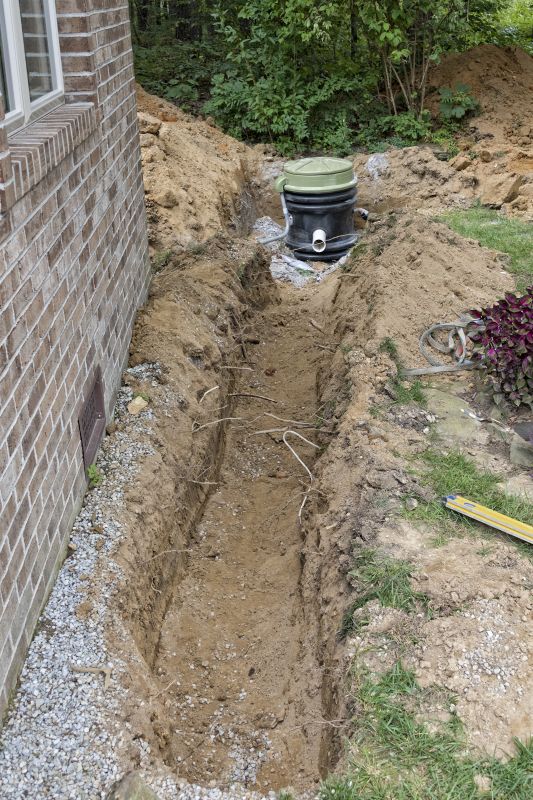
Removes accumulated solids to prevent backups.
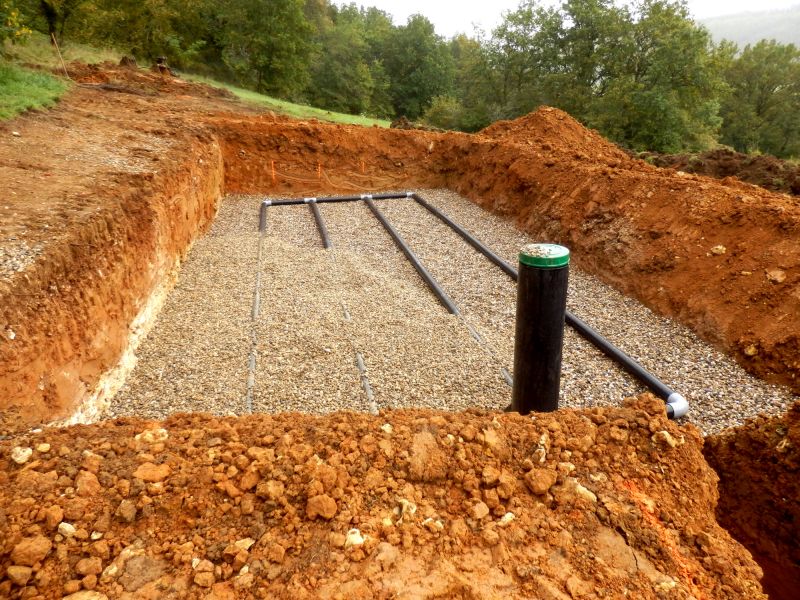
Supports proper effluent dispersal.
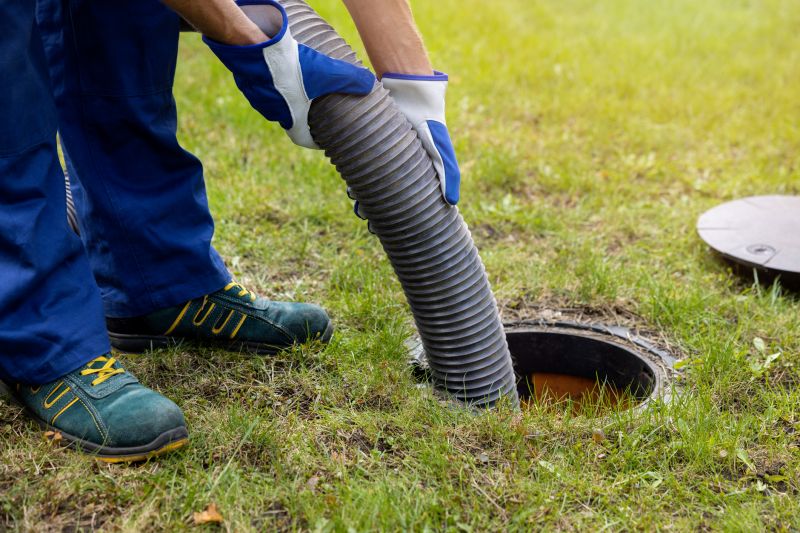
Detects early signs of malfunction.
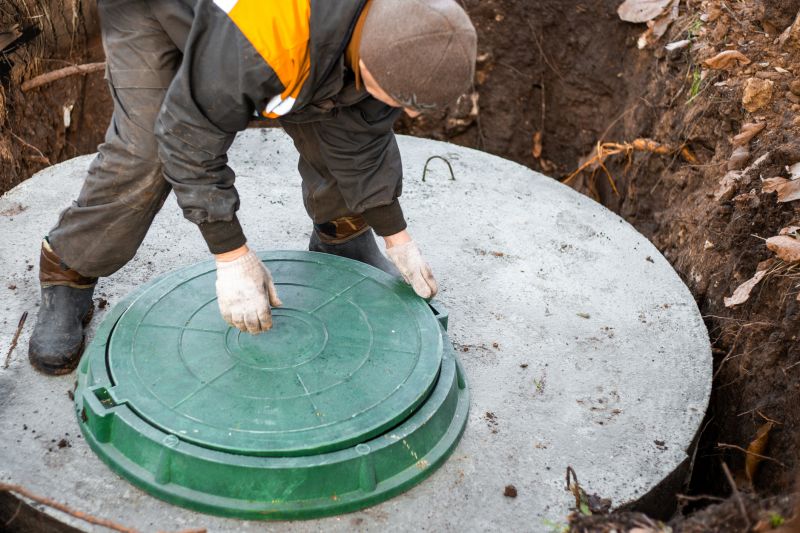
Available for urgent repairs and issues.
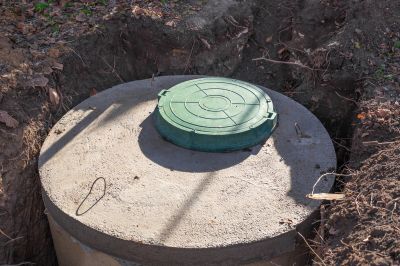
Lower-waste or water-saving choices for Septic Service.
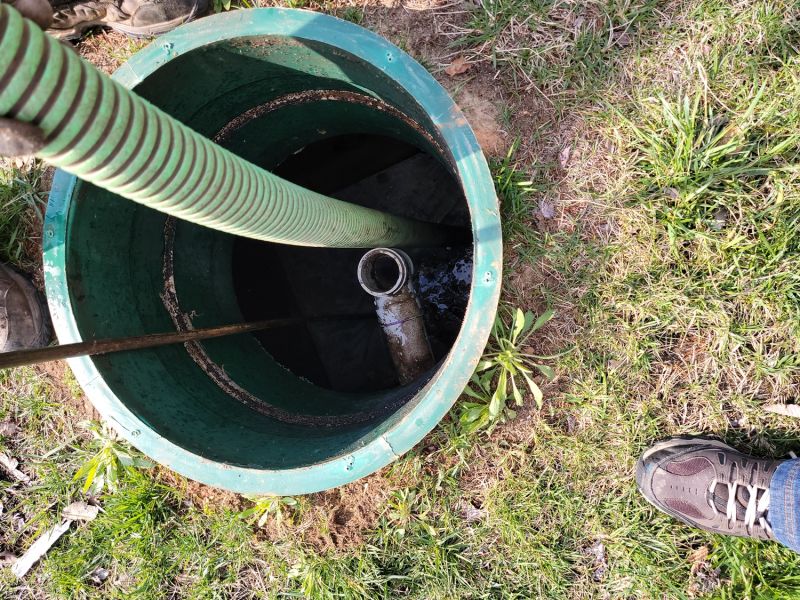
The short, realistic tool list for quality Septic Service.
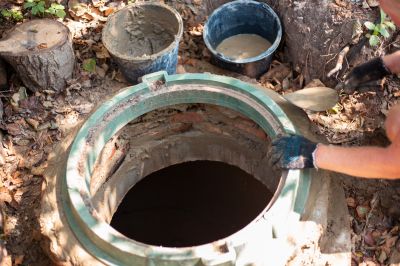
Rough timing from prep to clean-up for Septic Service.
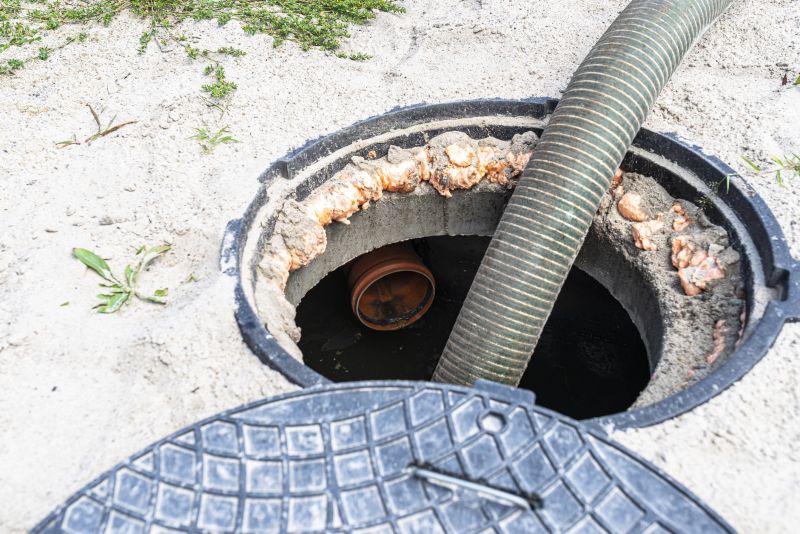
Quick checks and paperwork to keep after Septic Service.
Interested parties are encouraged to contact for further information or to schedule septic service. Proper timing and regular maintenance are essential for system reliability and environmental protection.

